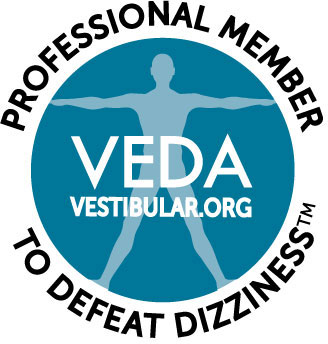School and recreational sports are very beneficial on many different levels. Not only do they help kids stay fit and give them an outlet for their energy that might otherwise be spent on less desirable pursuits, sports also teach youth important concepts of cooperation, teamwork, and fair play.

Certain high-contact sports, however – such as lacrosse, ice hockey, football, and soccer – do come with an increased risk of concussion. One thing that concussions can do is change the way the brain interprets visual signals sent from the eyes. This can cause post-concussive syndrome, the most common symptoms of which are dizziness and nausea, facial pain, headaches, and poor concentration. The brain is very plastic, and healing does take place, though how the brain heals and the rate at which it does so can be unique to each person.
Post Concussive Syndrome & BVD
Myself and the other specialists here at the Neuro Visual Center of New York have learned that post-concussive syndrome can lead to binocular vision dysfunction (BVD), a visual disorder characterized by a misalignment of the eyes. Our vision is more complicated than many people realize, involving much more than how clearly our eyes can see. We know that more than 50 percent of our brain pathways are related to vision. Along with the vestibular system, our visual system controls our feeling of stability and movement in space. To do this, our two eyes need to be working together properly. We like to use the analogy of wires going from one telephone pole to the next.
Crossing Wires
Our neurons are the “wires” which carry signals in the brain. When someone suffers a traumatic brain injury (TBI) like a concussion, these wires get jumbled up, and the signals being sent between the eyes and the vestibular system become faulty. These faulty signals cause the eyes to rotate to a misaligned position. If they remained in this position, the person would see double; however, as the brain can’t deal with seeing double, it tries to overcome these double vision symptoms by working the opposing eye muscles. This, unfortunately, puts a lot of stress and strain on the visual system, which is what leads to symptoms of headache, dizziness and more.
Get Treated at the Neuro Visual Center of New York
Treatment with prismatic lenses relieves the strain on the compensating muscles and enables the eyes to maintain a comfortable, natural position. This treatment method allows our patients to see a 70 percent to 80 percent reduction in symptoms without costly therapy. If you think you may be experiencing symptoms of post-concussive syndrome, please fill out our BVD questionnaire or call Dr. Marissa at (516) 224-4888.





